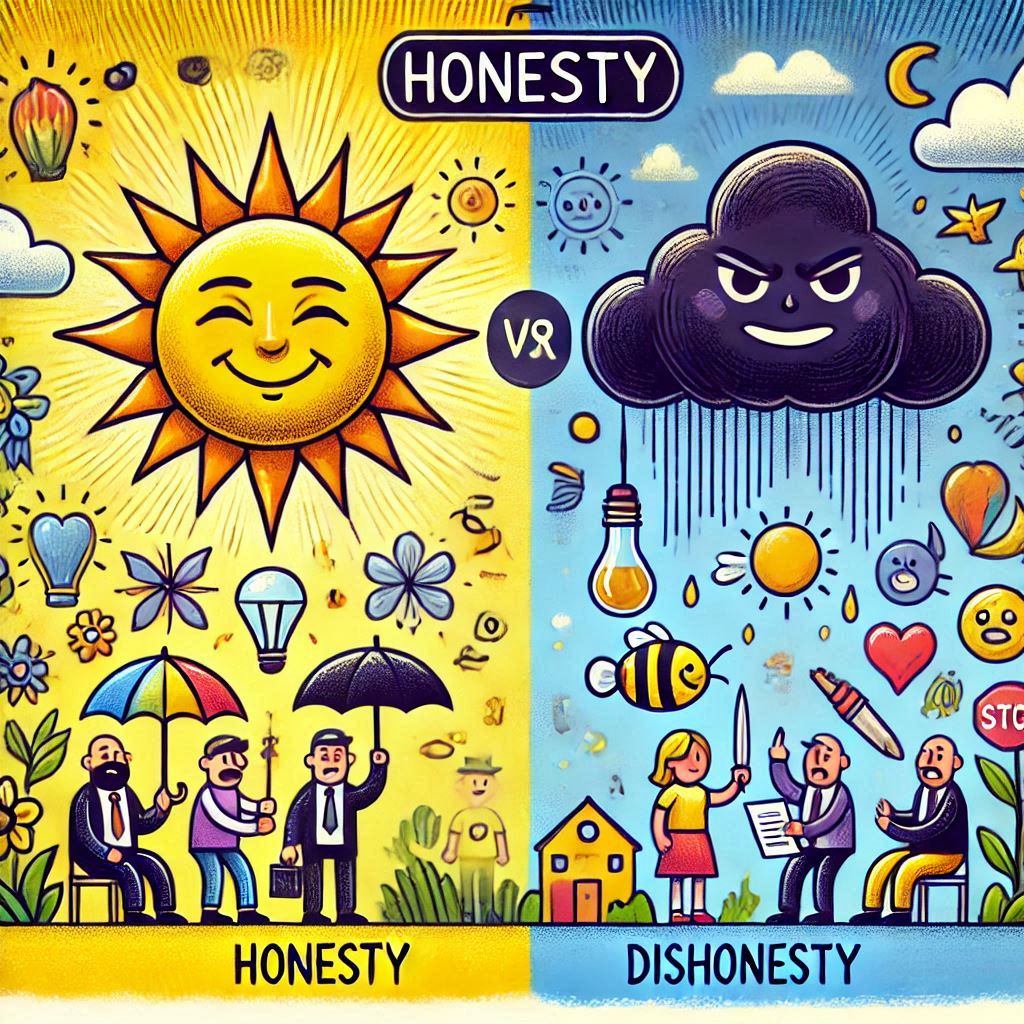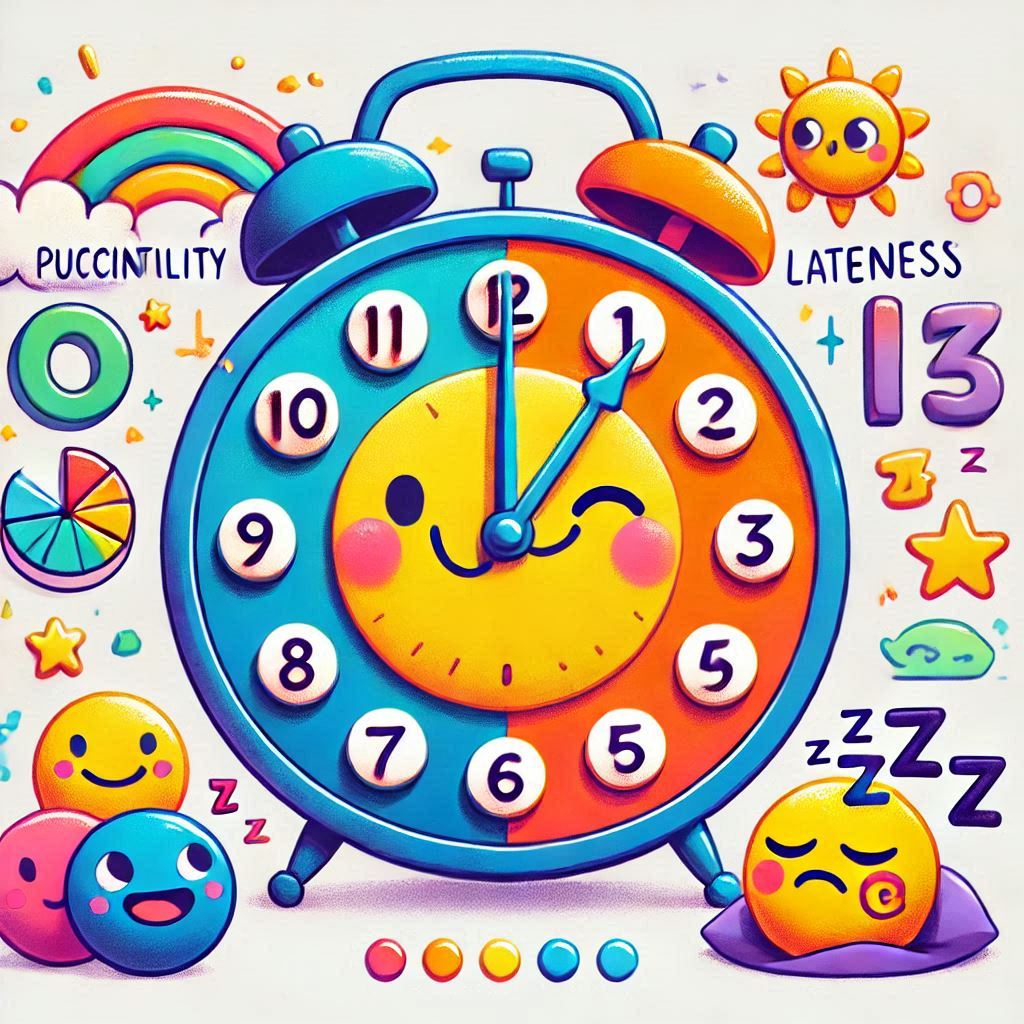Introduction
Being harsh means using unkind words or actions that hurt others, either physically or emotionally. While it might feel like a way to express frustration or anger, harsh behavior often damages relationships and can lead to regret. Learning to be gentle and kind, even in tough situations, helps build strong and loving connections with others.
Stories to reflect on
At School
Aryan was known for having a short temper. During a group project, his friend Riya accidentally made a mistake while calculating the budget. Instead of calmly explaining the error, Aryan shouted, “How could you mess this up?” in front of everyone. Riya felt embarrassed and hurt. Later, Aryan realized that his harsh words had made Riya lose confidence, and it also created tension in the group. He decided to apologize and work on being more patient and understanding. Over time, Aryan learned that being gentle when correcting mistakes brought his team closer and made working together easier.
At Family
At home, Priya’s younger brother accidentally spilled juice on her homework. Frustrated, Priya yelled at him, calling him careless and stupid. Her brother ran away crying, and Priya felt bad but didn’t know how to fix things. Their mother sat her down and explained how harsh words can leave lasting wounds, even when you’re upset. Priya apologized to her brother, and from then on, she tried to control her temper and speak more kindly, especially when something went wrong.
Action Points
- Take a deep breath before reacting when you’re angry or frustrated.
- Replace harsh words with constructive feedback to help others improve without hurting their feelings.
- Apologize if you’ve been harsh, and commit to being more patient and gentle next time.







